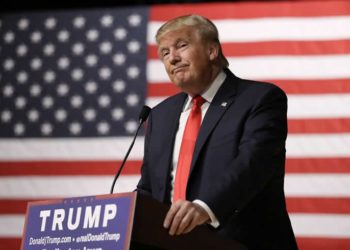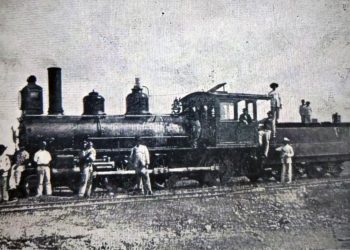What role did the Cuban vote play in the elections?
Ever since the results of the U.S. presidential election were announced, many have speculated about what President-elect Trump’s victory means for this country’s relationship with Cuba and the role the Cuban-American voters played in the results. The former, for the time being, is uncertain, but the latter is pretty clear. Together with Dr. Guillermo Grenier of Florida International University (FIU), we conducted an analysis of the results from the official election department of Miami-Dade County and the State of Florida. We also analyzed pre-election and exit polling. Cubans and the official stats Seven out of 10 Cuban-Americans live in Florida. According to the state's official count, 9,415,630 voters cast a ballot for president. Of those voters, approximately six percent (564,938) were of Cuban origin, and the majority of these live in south of Florida, specifically in Miami-Dade County. According to official figures, President-elect Donald Trump received 4,615,910 votes in Florida, and Hillary Clinton received 4,501,455. There was a difference of 114,455 votes between the two. Clinton, Trump and Cuban Americans The polls found that Hillary Clinton, who supports lifting the U.S. embargo on Cuba and continuing the policy of normalization begun by President Obama, earned between 41 and 47 percent of the Cuban-American vote. Meanwhile, Republican...




